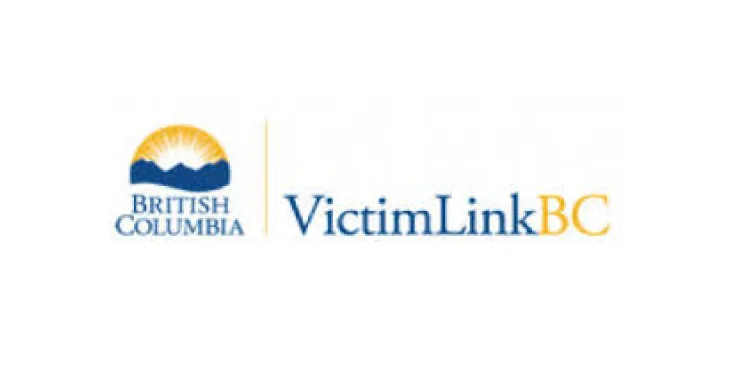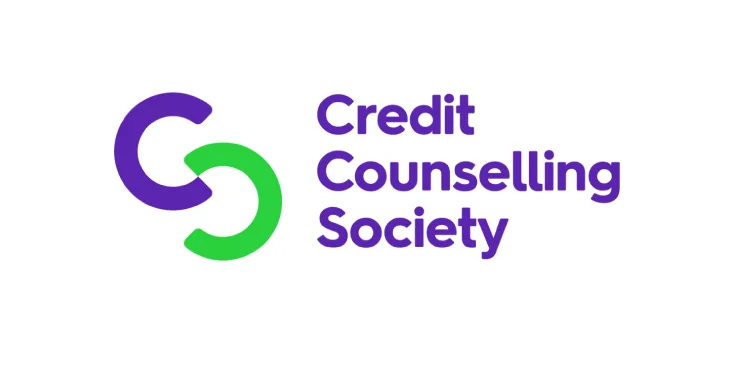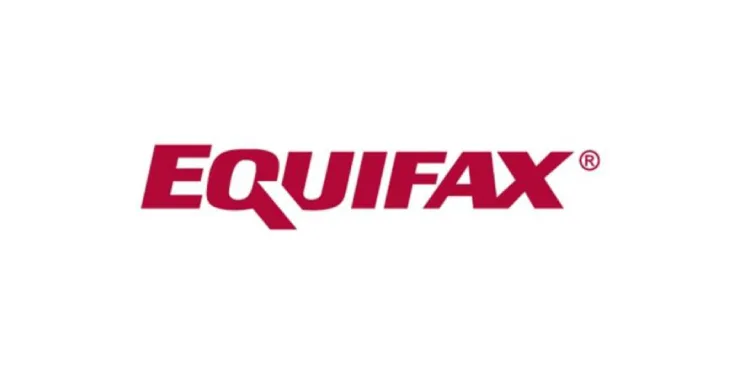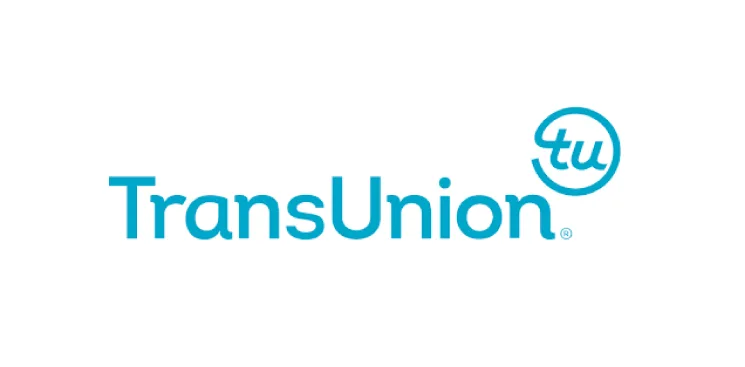
A scammer got my credit card number and charged $500 to my card. Will I have to pay the $500?
If you think you may be a victim of a scam or fraud, there are some key steps you should take immediately. These will reduce your risk of losing more money, protect your personal information, and help you avoid being scammed again.
What you should know
If you think your credit card has fallen into a thief’s hands, contact your credit card company immediately. You shouldn’t be liable for any purchases made with a lost or stolen credit card as long as you report the card missing right away.
You may be protected by laws that provide a cooling‑off period. This means you have time (between 10 and 30 days, depending on the circumstance) to cancel any contract you signed. You don’t need to give a reason.
If someone has taken your personal information and used it to access your finances, make purchases in your name, or commit other crimes, they have committed identity theft. This is a criminal offence.
Identity theft can damage your credit report. A credit report is a detailed list of your credit and bill-paying history, and other information about you. Your credit report helps businesses, banks, and others decide if you’re likely to pay your bills on time. There are steps you can take to protect or repair your credit report. We explain these below.
Work out the problem
Immediately cut all contact with the person or company involved in the scam.
Gather any records you have relating to the scam. That includes any emails or other communication with the scammer, banking statements, contracts, and marketing materials used for the scam (such as brochures or online ads).
Make a list of any money or information that may be lost or stolen. Write down details of any credit card information, bank account numbers, or identification that may have gone missing.
As you contact authorities, financial institutions, and other agencies, keep track of their contact details and any information you learn. This will help clear your name and re-establish your credit.
If you think someone has used your credit card or been into your bank account, immediately notify your financial institutions. Cancel any credit cards that are affected. Close or put a hold on any accounts the thief may have had access to.
If you think someone has stolen your identity, ask your financial institutions to investigate the identity theft. Find out if the institution requires written documentation to begin investigating. Send them any documentation they require as soon as possible.
If any government-issued identification was lost or stolen, contact the agency issuing the document:
For a SIN card or passport, call Service Canada at 1-800-O-Canada.
For a BC driver’s licence, call the ICBC driver licensing centre at 1-800-950-1498.
For a BC health card, call Health Insurance BC at 1-800-663-7100.
Explain what happened, and find out how to get replacement documents.
If you think your mail is being stolen or redirected, contact Canada Post’s customer service department at 1-866-607-6301 or canadapost.ca.
If you used your computer or cellphone to communicate with a scam operator, or your device was infected by a scam:
take the device to a professional to have it checked
make sure you have up-to-date software to prevent spam (unwanted email) and viruses (harmful computer programs)
install software to prevent spyware (malicious software installed on your device without you realizing it)
If you suffered a loss because of a scam, report the incident to your local police department.
If you think your identity may have been stolen, you don’t need to know the name of the thief. Show the police the unauthorized charges, debt-collection letters, or other evidence that you are the victim of this crime.
Ask the police for a report number and record it. Banks and creditors sometimes ask for proof of a crime to erase debts created by a scam or identity theft. If a police report is filed, include the police report number in all correspondence you have relating to the incident.
Contact the credit reporting agencies Equifax and TransUnion to let them know of the scam or identity theft. Equifax and TransUnion are the two main agencies in Canada that prepare credit reports.
Discuss with the credit reporting agencies whether to have a fraud alert placed on your file. A fraud alert means businesses or banks will call you before opening any new accounts or changing your existing accounts.
Ask each credit reporting agency to send you a copy of your credit report. The agencies must send you a free copy of your report in the mail if you ask them to. You can also get your report online but you might have to pay for that.
The credit report may show if the scammer or thief incurred debt or opened accounts in your name.
Here is contact information for the credit reporting agencies.
Report the incident to the agencies that help protect consumers.
If you’re the victim of a scam or identity theft, report it to the Canadian Anti-Fraud Centre (CAFC) by going to their website or calling 1-888-495-8501. The CAFC is the central agency in Canada that collects information about fraud and identity theft. They don’t conduct investigations, but they do help law-enforcement agencies by identifying connections among seemingly unrelated cases. If you report the scam, it may prevent others from being ripped off by the same scam operator.
If you’re the victim of a scam, report it to the Better Business Bureau Scam Tracker. Reporting the scam helps the Better Business Bureau investigate and warn others about the scam. To complain about a business, you can file a complaint with the BBB.
If you’ve been tricked into signing a contract or buying a product or service, report the incident to Consumer Protection BC by going to their website or calling 1-888-564-9963.
You can also take legal action against those involved in the scam or fraud. If you don’t have a lawyer, there are options for free or low cost legal help.
Who can help
If you think you’ve been the victim of a scam or identity theft, there are agencies you can contact for support and advice.

VictimLink BC
A toll-free 24/7 information and support line for victims of crime in BC.

Credit Counselling Society of BC
A non-profit society that helps people better manage their money and debt.

Better Business Bureau (BBB)
Receives complaints about local businesses that are members.

Access Pro Bono’s Everyone Legal Clinic
Clinicians provide affordable fixed-fee services on a range of everyday legal problems.

Lawyer Referral Service
Helps you connect with a lawyer for a complimentary 15-minute consult to see if you want to hire them.

BC Legal Directory
Search for a lawyer by community or legal issue. From the Canadian Bar Association, BC Branch.


